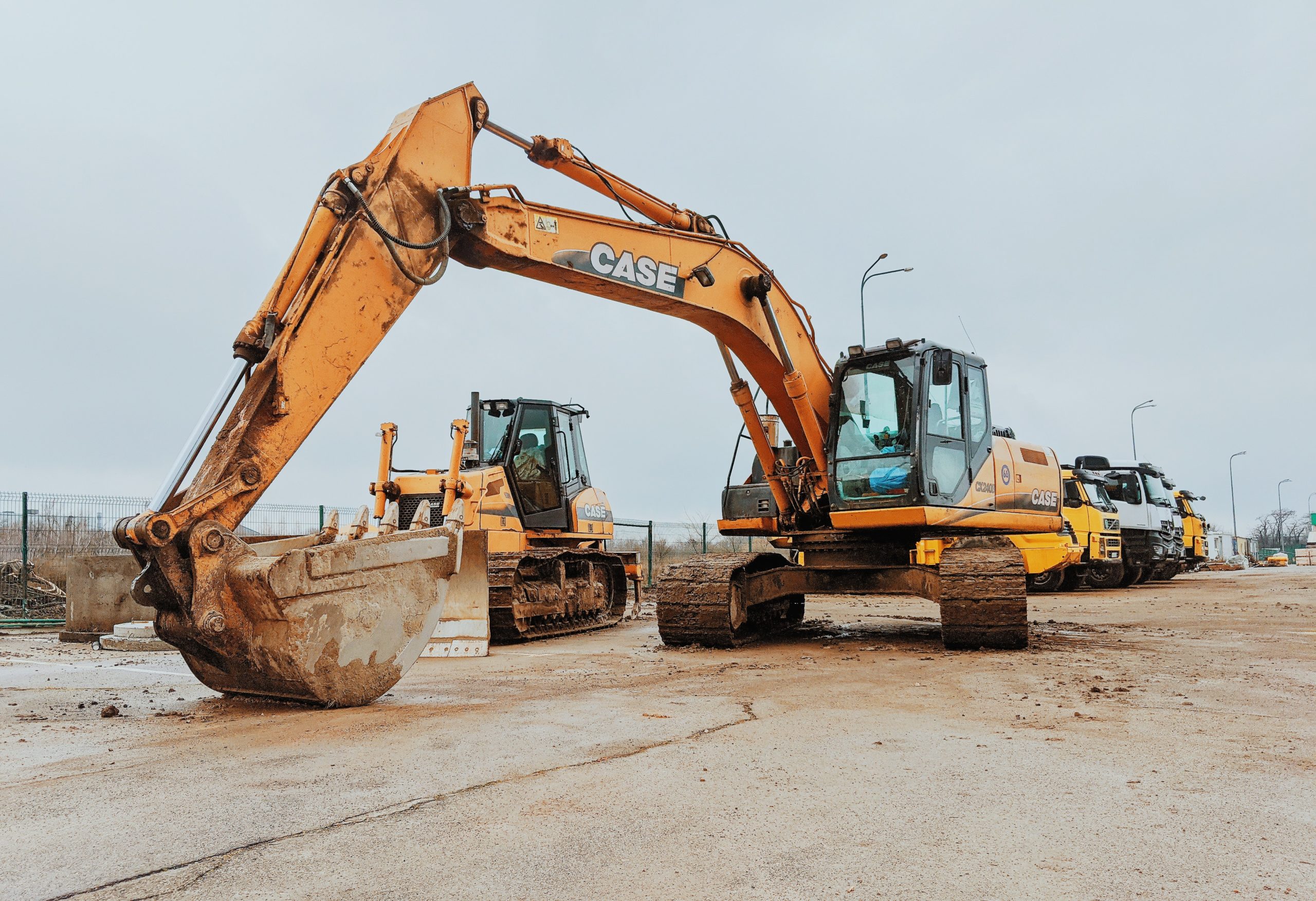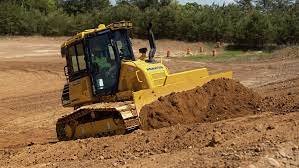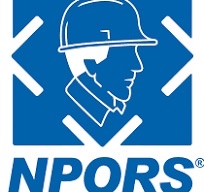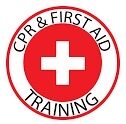N202 Excavator 360
Home » N202 Excavator 360
Excavators are versatile machines used for digging, trenching, material handling, and demolition, making it crucial for operators to understand how to use them properly and in compliance with health and safety regulations.
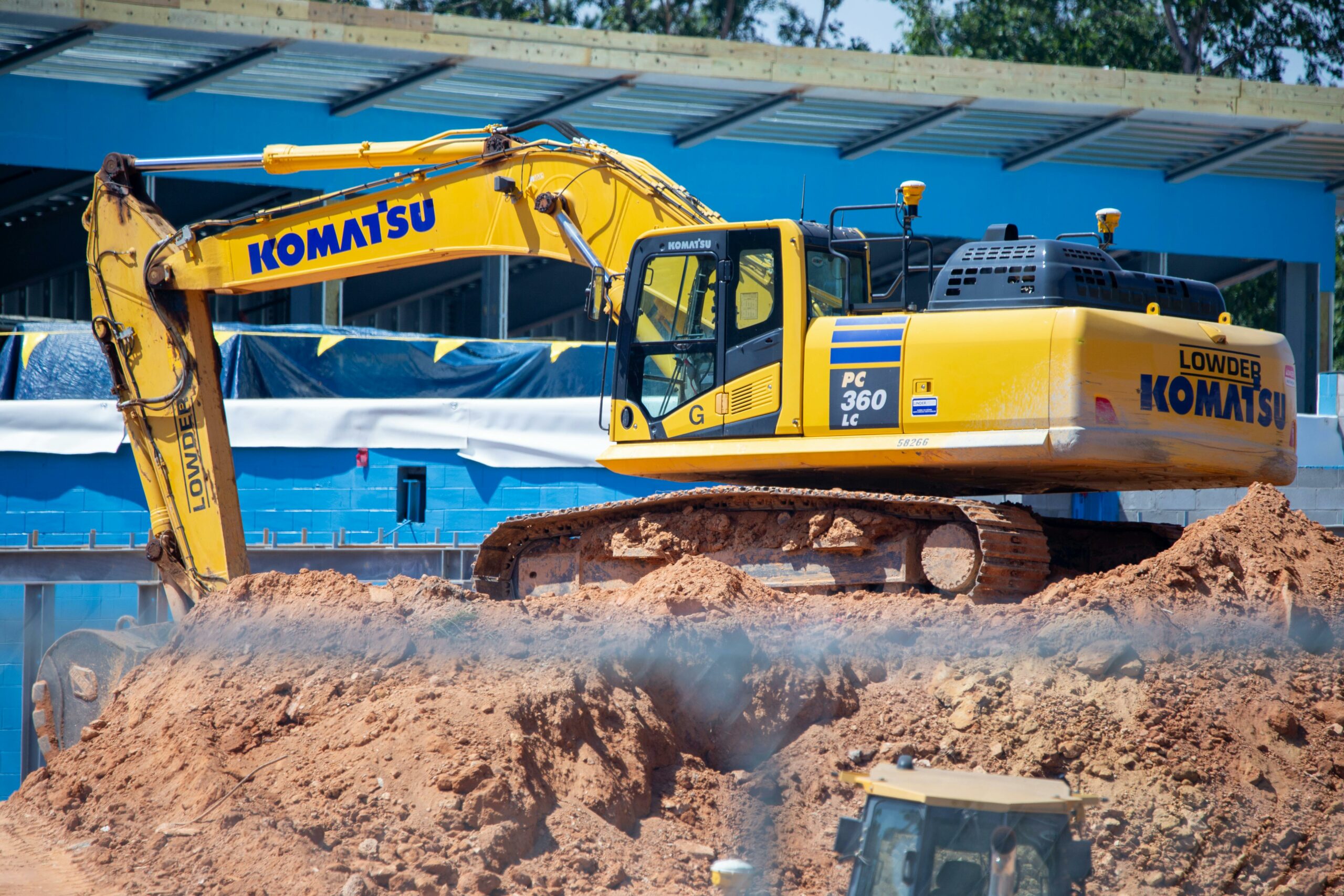
Whats covered?
– Understanding the types and components of excavators (tracked and wheeled) and their various applications in industries such as construction, demolition, and landscaping.
– Overview of the machine’s capabilities, attachments, and working limitations.
Health & Safety Legislation
– Instruction on relevant safety regulations, including the Health and Safety at Work Act, PUWER (Provision and Use of Work Equipment Regulations), and LOLER (Lifting Operations and Lifting Equipment Regulations).
– Understanding the risks associated with operating heavy machinery and how to mitigate them.
– Emergency procedures and safety protocols when working near trenches, buildings, or other equipment.
Pre-Operational Checks and Maintenance
– Daily inspection procedures, including checking fluid levels, hydraulics, controls, and the condition of tracks or wheels.
– Identifying potential issues during pre-start inspections to ensure the machine is safe and fit for use.
– Importance of preventative maintenance to avoid breakdowns or accidents.
Controls and Safe Operation
– Familiarization with excavator controls, including the operation of the boom, arm, and bucket.
– Learning to safely operate the excavator on various terrains, including soft ground, uneven surfaces, and gradients.
– Techniques for smooth control, including swinging, lifting, and rotating the machine without causing unnecessary strain or wear.
– Training on how to use the excavator for digging, trenching, loading, and lifting operations.
– Proper techniques for depth control, ensuring even excavations, and avoiding underground utilities or structures.
– How to maintain machine balance and avoid overloading during operation.
Working in Confined Spaces and Around Obstacles
– Instruction on safely maneuvering the excavator in confined areas or around site obstacles like buildings, other machinery, and workers.
– Managing restricted visibility and working in close proximity to others on-site.
Handling Attachments
– Learning to fit and safely operate various excavator attachments, including buckets, hydraulic breakers, augers, and grapples.
– Understanding the purpose and best use cases for each attachment type.
End-of-Day Procedures
– Proper machine shutdown and parking procedures.
– Post-operation checks to ensure the machine is left in a safe condition and is ready for the next day’s operation.
Ready TO RECEIVE YOUR qualification ?
All our trainers’ assessor testers are fully qualified within multi competency skills CPCS, NVQ and SENTINEL
We offer a friendly hands on approach using real world experience to help install a fuller more comprehensive course enabling the candidates to benefit from our years of experience.
Why Choose DDRF Training
Experienced Trainers
Our NPORS-accredited instructors bring years of hands-on industry experience to the course.
Comprehensive Training
We provide a balanced mix of theory and practice to ensure participants develop both the knowledge and practical skills needed to succeed.
Flexible Scheduling
We accommodate your schedule, offering flexible training dates and times to fit your needs.
Post-Training Support
We provide support for recertification and ongoing training to ensure operators maintain their skills over time.
